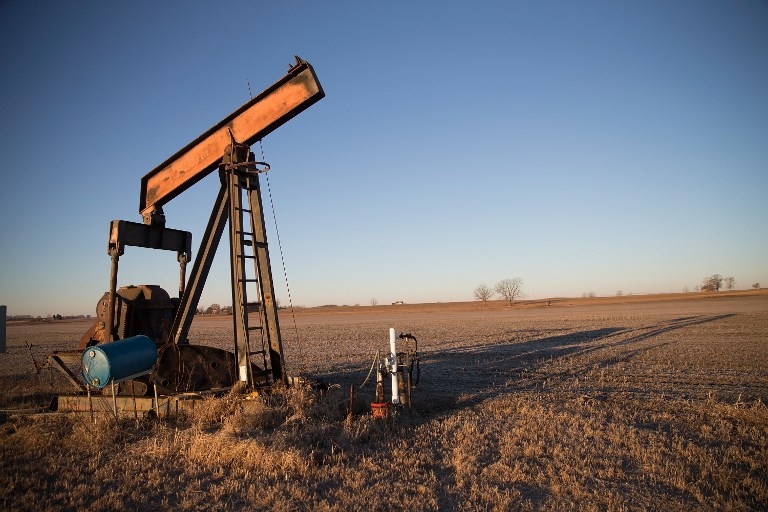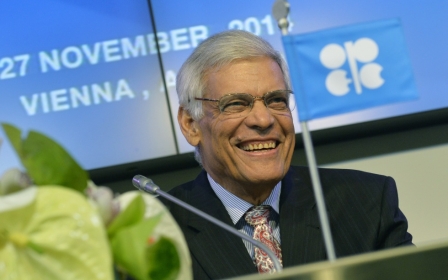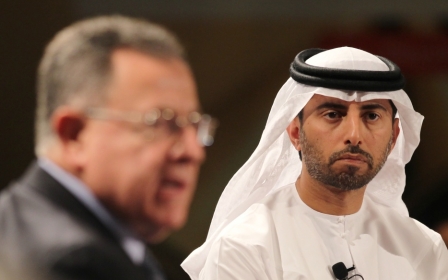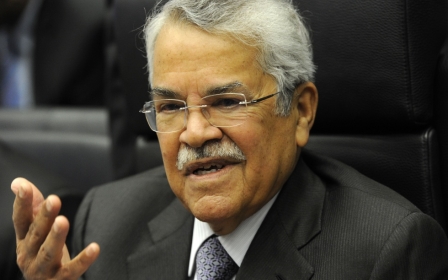Saudi Arabia won't cut oil production alone, minister says

Oil producers outside OPEC must cooperate to boost falling crude prices as the cartel refuses to take responsibility alone, Saudi Arabia's oil minister has said, signalling the world's top petroleum exporter is determined to ride out a market slump that has roughly halved prices since last June.
"We refuse to take responsibility alone because (OPEC) produces 30 percent of market output and 70 percent comes from outside," Ali al-Naimi said in remarks carried Monday by the Saudi Press Agency (SPA).
Crude prices slumped by about 60 percent between June and February, weighed down by a glut of global supplies and concerns about stalling demand.
The slide was exacerbated in November when the Organisation of Petroleum Exporting Countries (OPEC) refused to cut production to rescue falling prices, saying it wanted to maintain its market share.
The 12-member group, which includes Iraq, Iran, the UAE and Qatar and is led by top producer Saudi Arabia, pumps around a third of the world's oil but other major producers, such as Russia, are not tied by its decisions.
Asked whether OPEC would be willing to work with non-members, Naimi pointed to the crash of 1998 when the cartel cooperated with other producers to cut output and support oil prices.
"Today, the situation is difficult. We tried, met with them but did not succeed because they insisted that OPEC should take the responsibility alone," said Naimi, in reference to talks with non-OPEC producers ahead of the cartel's meeting in November.
"All must contribute if we want to improve prices because it is in the interest of all," the Saudi minister said.
Naimi said the kingdom's oil production was around 10 million barrels per day and that it had the capacity to supply any new client with crude.
Saudi Arabia had no objection to new oil producers joining OPEC, he said, adding that several countries have in the past turned down invitations to become members of the cartel.
Naimi repeated on Sunday that politics played no role in the kingdom's oil policy.
Some producers such as Iran, a political regional rival of Saudi Arabia, have criticised Riyadh for its stance on maintaining steady production.
"There is no conspiracy and we tried to correct all the things that have been said but nobody listens," Naimi said.
Saudi Arabia and its Gulf partners have been criticised for allegedly using oil as a political weapon against countries within and outside OPEC.
New MEE newsletter: Jerusalem Dispatch
Sign up to get the latest insights and analysis on Israel-Palestine, alongside Turkey Unpacked and other MEE newsletters
Middle East Eye delivers independent and unrivalled coverage and analysis of the Middle East, North Africa and beyond. To learn more about republishing this content and the associated fees, please fill out this form. More about MEE can be found here.




